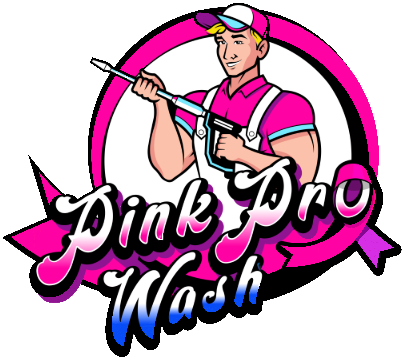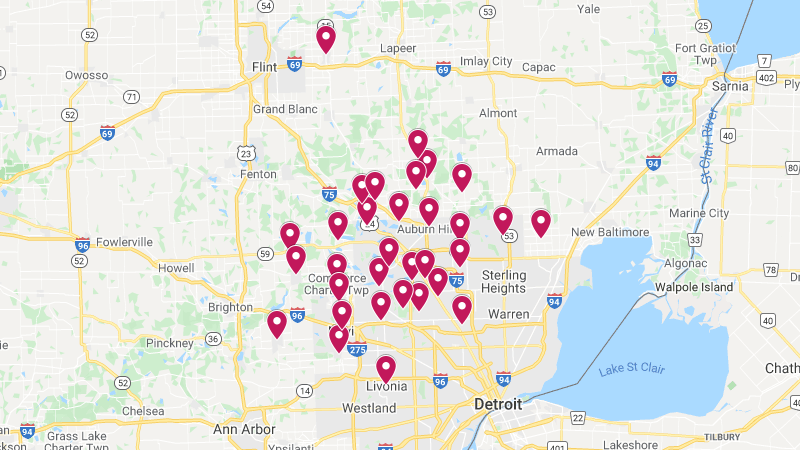Pressure Washing Inspection For General Contractors
For general contractors, a pressure washing machine is an essential tool. If it breaks down frequently, productivity and profitability will be affected. Regular inspections can help prevent such breakdowns. Check the oil level by inserting a dipstick into the machine’s oil reservoir. Look for dark or milky coloration. It may be time to change the oil. In some cases, it may also be necessary to clean the nozzles. Performing an inspection will ensure the proper operation of your pressure washer. See This Article
Maintenance schedule
The exterior of your building should be pressure washed at least once every two to three years, depending on its use. Pressure washing can help improve the look of buildings and walkways and prevent biological growth, including gloeocapsa magma. The growth of algae can deteriorate the structure of buildings and make them unsightly. However, a pressure washing service can help you avoid this by giving your exterior a professional clean.
The maintenance schedule for pressure washers varies, depending on the model, make and trim. However, all pressure washers have basic parts, such as a motor and engine. Hot washers may contain extra parts, such as a heating coil or a float tank. The manufacturer’s manual will outline a recommended maintenance schedule for your machine, and you can check it out before tackling a major task. You can also follow the maintenance schedule if you’re not comfortable with it.
Check for leaks
There are several reasons why a pressure washer may leak. The pressure washer’s water source should have a minimum flow rate. Any foreign material or worn seals in the pump may result in low pressure. It could also be due to a restricted inlet or air entering the pump. Make sure that the inlet plumbing is sized appropriately and the inlet seal is airtight. Whether the pressure washer leaks is a personal matter or a professional issue, if it occurs, there are steps you need to follow.
If you’re unsure whether there’s a leak, you can perform a DIY leak test by removing the pressure washer’s lid. If it doesn’t, the culprit is likely to be the pressure washer’s belt or pump. You can either tighten the belt or replace it altogether. The same applies to any leak in the machine’s filter. After cleaning and adjusting the machine, it’s important to check for leaks.
Cleaning nozzles
When it comes to pressure washing, it’s important to clean your nozzles regularly to avoid damage to your property. The wrong nozzle can damage your property and cause unnecessary water damage. To keep your nozzles in top condition, you can check their condition using a pressure washer cleaner. There are several different nozzles that you can use to clean different surfaces. Below are some tips to help you choose the best one for your home.
Before pressure washing, make sure the nozzles are cleaned by disengaging them from the lance and pushing them outward. If they’re clogged, the spray pattern will be distorted, causing problems for the entire system. Debris can collect in the nozzles as a result of improper storage or worn seals. When cleaning nozzles, be sure to start the machine with the variable pressure lance set to the lowest pressure setting.
Avoiding masonry walls
While pressure washing masonry walls, you should always be careful to avoid damaging the surface. There are several ways to avoid damaging masonry. Proper construction and grouting of bricks, stone, and concrete can help protect against staining. The proper cleaning method requires less aggressive methods. You should cut off excess mortar from mortar joints and avoid smearing it on the surface of the wall. Avoid the use of detergents that contain acids or bleach on masonry.
The first step in pressure washing masonry walls is to test a small area beforehand. By testing an area with a small amount of water and detergent, you will find any potential problems before you start the whole project. Afterwards, use the test panel as a standard for the entire job. Never use sand blasting or muriatic acid, as these can etch the bricks and mortar joints. They can also bleach and stain masonry surfaces. Click the Following Post




